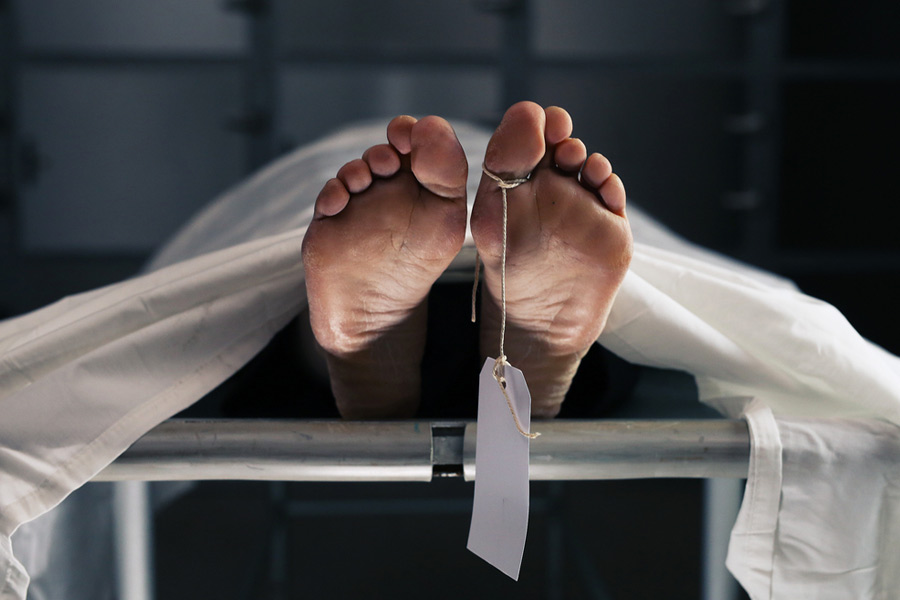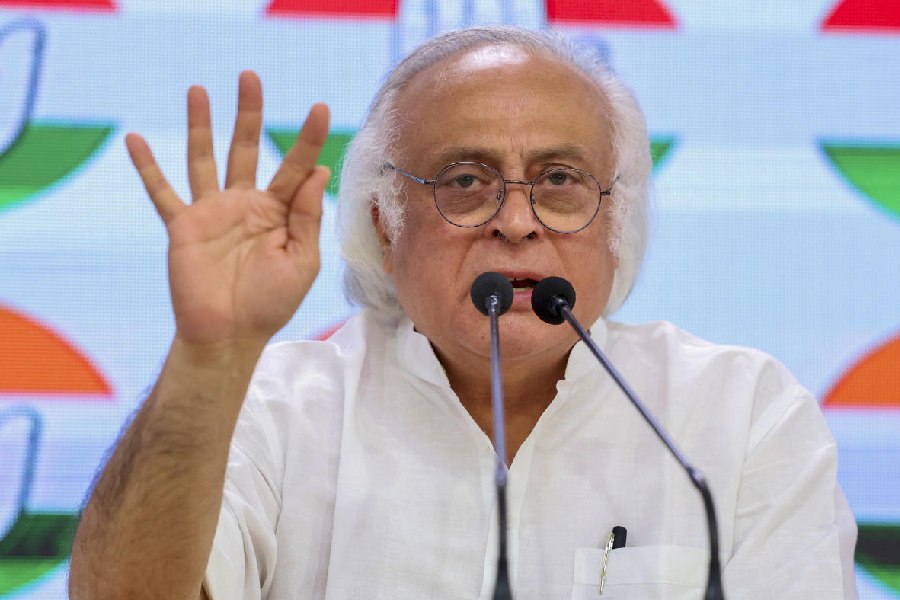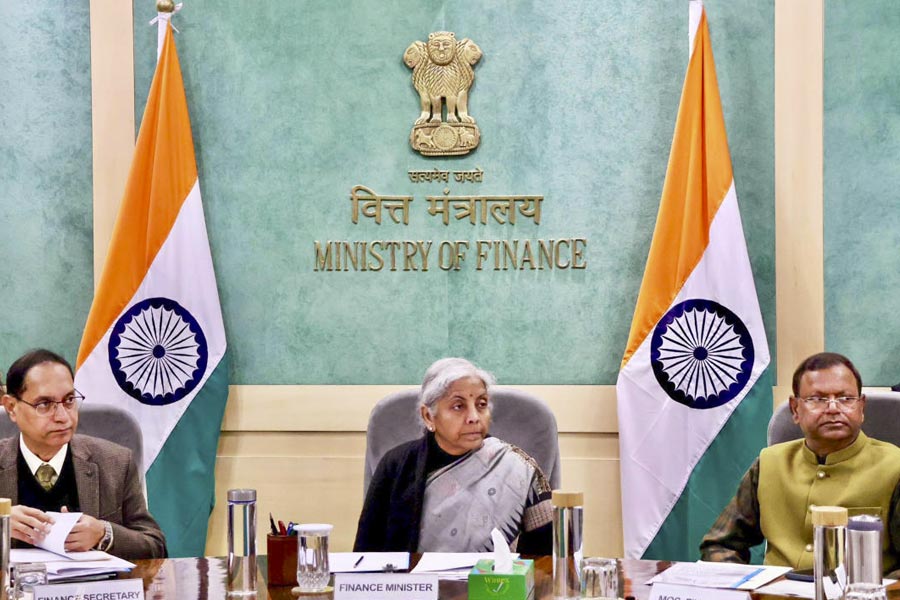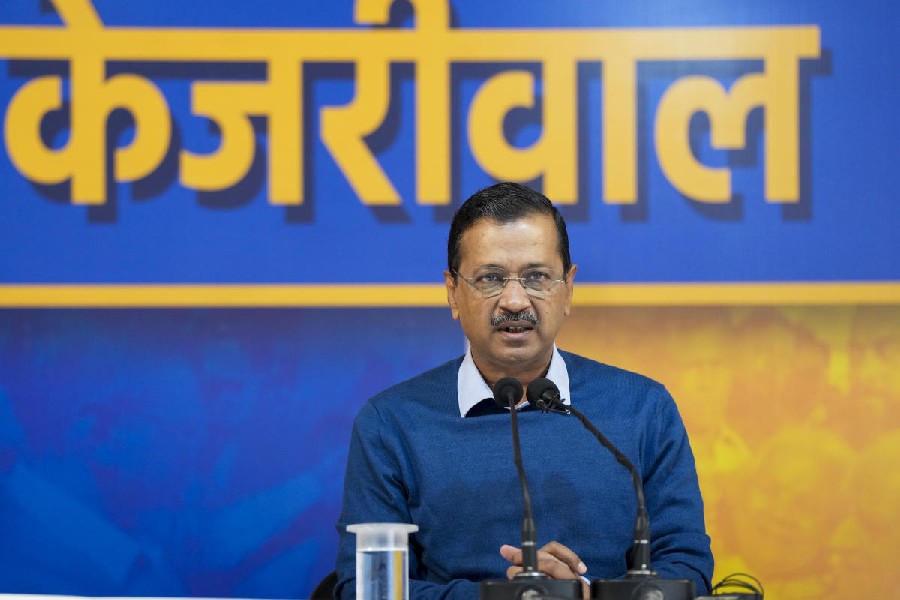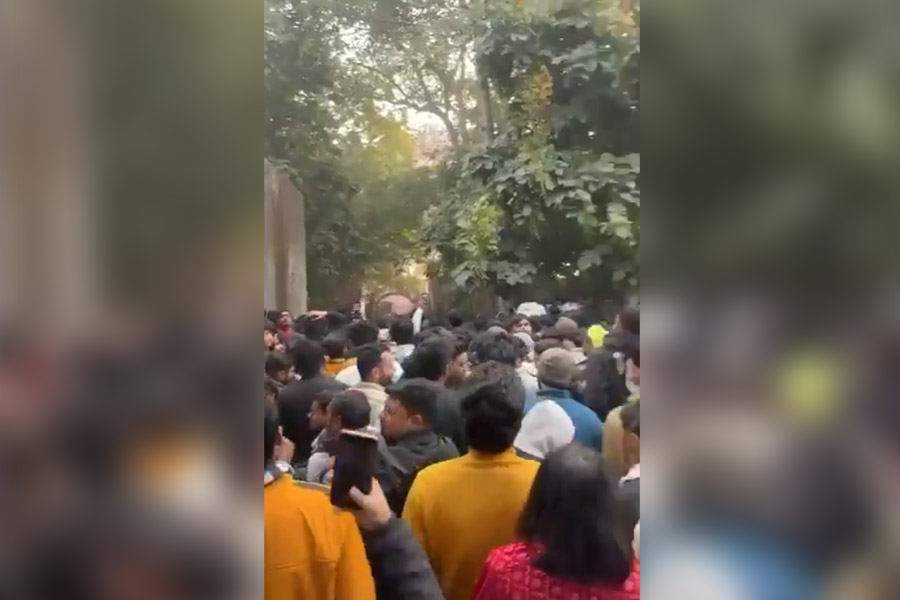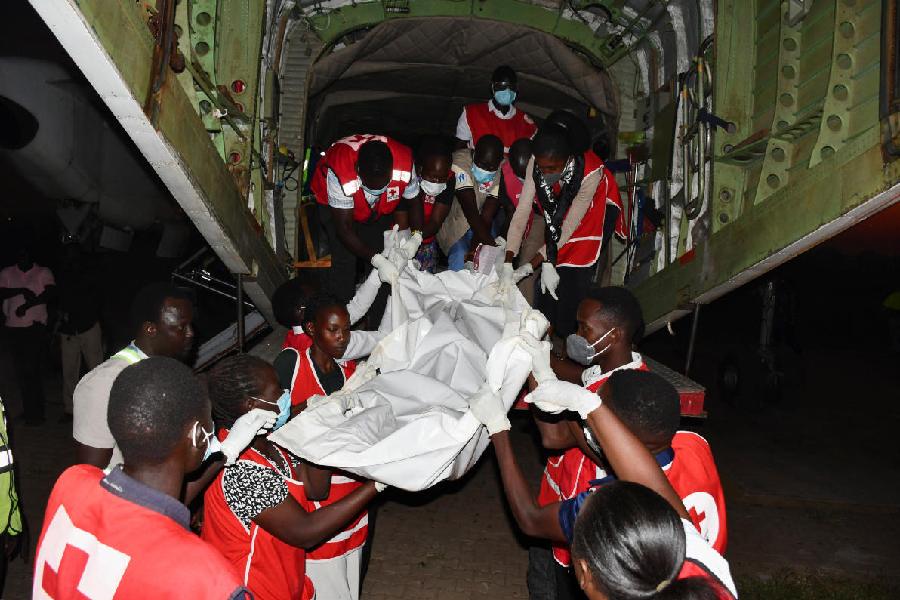There is a pressing need to increase the number of cadaveric organ donations in Bengal, doctors said at a conference in the city on Sunday.
Cadaveric donations or deceased donations in Bengal are lagging behind many other states in India.
Arpita Ray Chaudhuri, the head of nephrology at North Bengal Medical College and Hospital and one of the speakers at the conference, later told The Telegraph that only 10 per cent of the organ donations in the state were cadaveric donations. The rest were organs donated by living donors.
“At present, we are ninth in India in terms of organ donations. Very few cadaveric donations are happening in Bengal. Most of the organ donations are by living donors, which (the trend) has to be reversed,” she said.
“If someone in their 30s donate a kidney, there is a risk in it. The person may develop organ failure in his 50s and that will threaten the person’s life. We should try to increase the number of cadaveric donations.”
NSICON 2024, the 72nd annual conference of the Neurological Society of India, discussed the present status of organ donation in the country, the challenges and the need to raise awareness about cadaveric donations among doctors as well as the general public.
The four-day conference ended on Sunday.
L.N. Tripathy, a neurosurgeon and the organising secretary of NSICON 2024, said the annual conference took place in Calcutta this year after a gap of 28 years. “We discussed the status of organ donation and the way forward. One of the features of the conference was training young doctors on how to declare a patient ‘brain dead’,” said Tripathy, the director of the Medica Institute of Neurological Diseases.
An official of the Regional Organ and Tissue Transplant Organisation (ROTTO) said only about 10 cadaveric donations have taken place in the state so far this year. The number, the official said, is not an inspiring one.
The official said there needs to be more “brain stem death” or “brain death” declarations in hospitals to increase the rate of cadaveric donations. The fewer declarations are a cause of concern, the official said.
A patient is declared “brain dead” when the brain stops working but other organs such as the heart and lungs are still functioning. A “brain dead” patient cannot be revived.
A cadaveric organ harvest can only be done from a “brain dead” person.
Ray Chaudhuri said only 12 persons have been declared “brain dead” in the state so far this year.
“Transplant counsellors have done a fantastic job because of the 12 declarations, we have had 10 successful transplants. We have to evaluate why there are so few cadaveric donations and why there are so few ‘brain death’ declarations,” said Ray Chaudhuri.
Timely declaration and counselling can result in more families agreeing to cadaveric donations.
Such declarations take place in critical care units and trauma care units, where patients come with severe head injuries. “The doctors working in such units should be trained to go for ‘brain stem death’ declarations in larger numbers,” said a doctor. “There also needs to be more awareness among people about the benefits of cadaveric donations,” Tripathy said.

